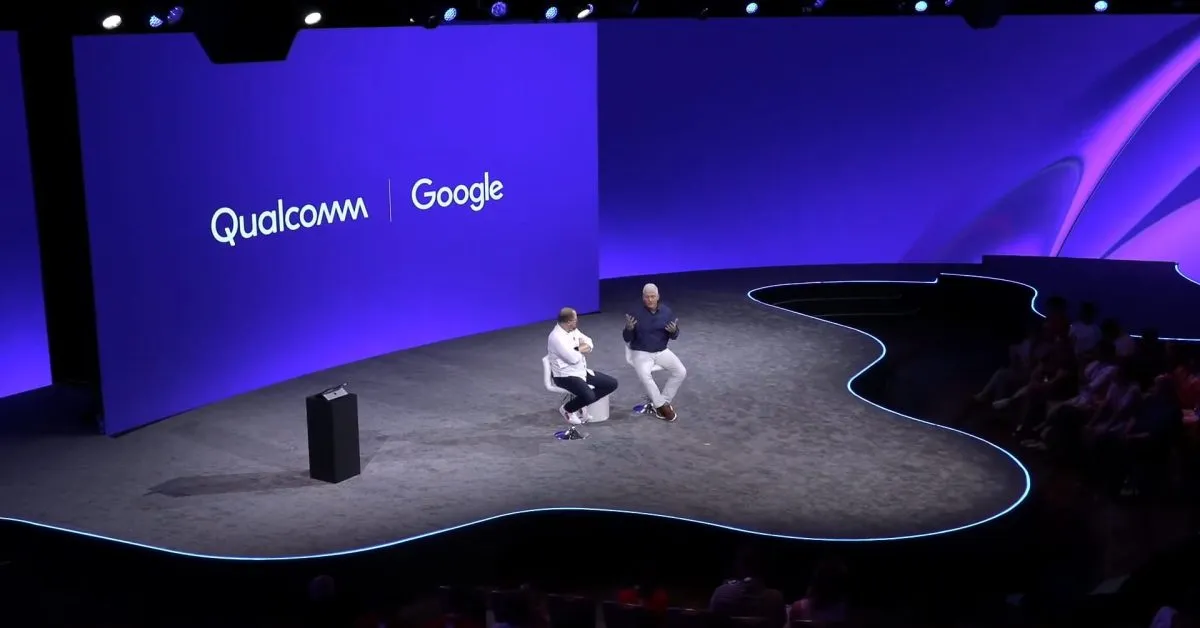
At the Snapdragon Summit 2025, Qualcomm's CEO Cristiano Amon engaged in a thought-provoking discussion with Google's Rick Osterloh, Senior Vice President of Platforms & Devices. The conversation primarily revolved around the future of desktop Android, with both companies expressing their enthusiasm for the innovative work underway in this area. Notably, Qualcomm is also heavily involved in this initiative, marking a significant shift in the landscape of personal computing.
In a sweeping announcement, Google confirmed that starting in 2024, ChromeOS will transition to being built on Android technology. This strategic move aligns with recent statements from Google, where they discussed merging ChromeOS and Android into a unified platform. The aim is to enhance the user experience by leveraging the underlying technology of Android to create a more cohesive interface across devices.
During the discussion, Amon inquired about the collaborative efforts between Qualcomm and Google in developing this new project tailored for personal computing. Osterloh emphasized their overarching strategy: "Our strategy overall is to bring really, really rich computing experiences to every category," he said. He elaborated on how historically, there have been significant differences between the systems designed for PCs and those for smartphones. However, there has been a notable evolution over the years, with ChromeOS integrating more Android features, albeit initially through a virtual machine approach that allowed access to apps from the Play Store.
Osterloh revealed that they are embarking on an ambitious project to create a common technical foundation for both PCs and desktop computing systems. This integration is seen as a pivotal step in harnessing the power of AI, which both companies are keen to leverage in their product ecosystems. With the introduction of Gemini models and enhanced AI capabilities, the collaboration aims to bring a robust application and developer community into the PC domain.
Since last year, Google has been clear that this "technical foundation" will be based on Android. This strategic shift is expected to accelerate the pace of AI innovation at the core of ChromeOS, streamline engineering efforts, and enhance compatibility between devices like smartphones and accessories with Chromebooks.
Concluding the discussion, Osterloh expressed his excitement, stating, "We are really excited about this, and I think this is another way in which Android is going to be able to serve everyone in every computing category." Amon echoed this sentiment, stating, "I’ve seen it. It’s incredible. I think it delivers on the vision of conversions in mobile and PC. And I can’t wait to have one." This collaboration presents a promising future, offering Qualcomm a new operating system for its PC-class chips.
Historically, only a limited number of Chromebooks have utilized Qualcomm CPUs, and currently, none are powered by the advanced Oryon CPUs. As this partnership evolves, it will be interesting to see how Qualcomm's hardware will be integrated into the expanding ecosystem of Android on PCs.